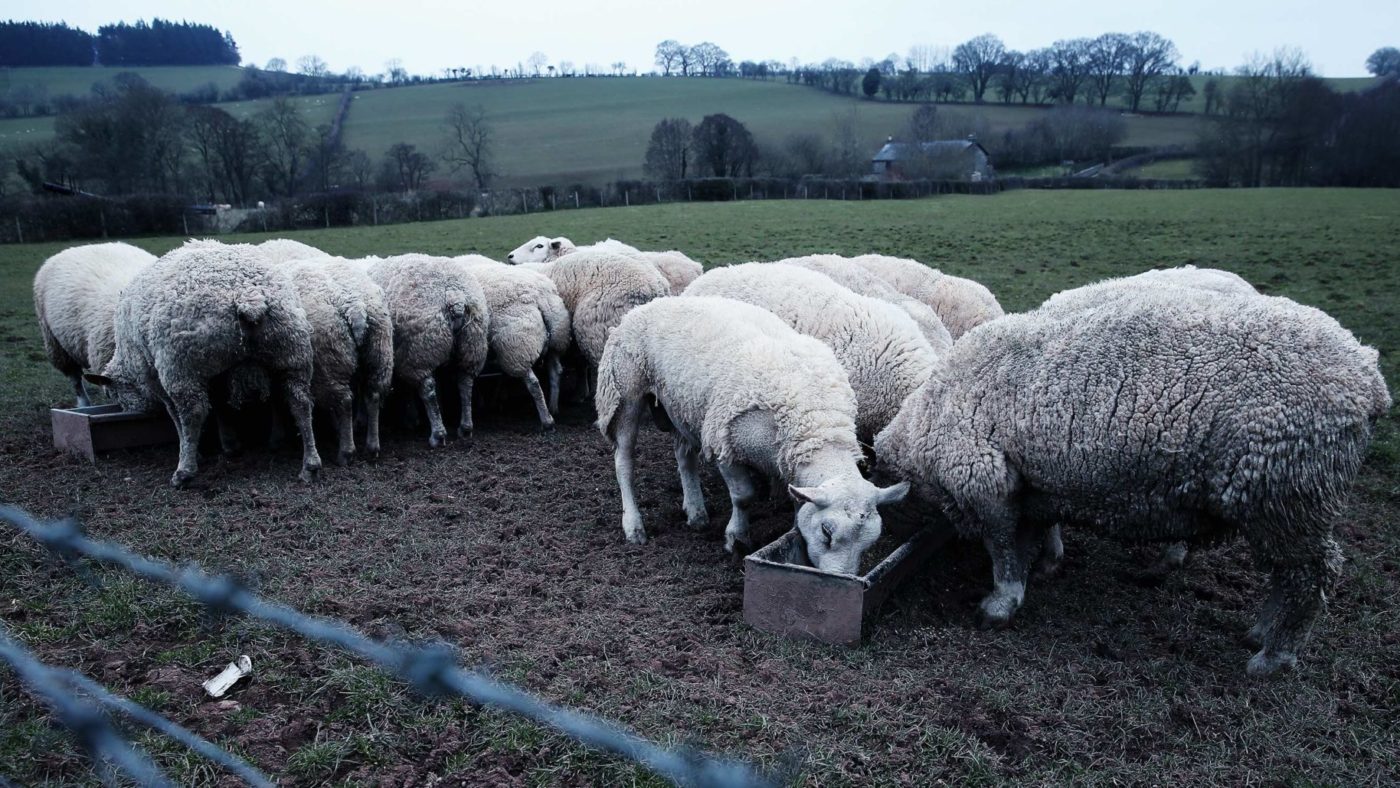There is a raging debate in the UK about whether and how UK farmers should be protected from foreign competition in the execution of its trade policy. It threatens to divide the Conservative Party between their classical free traders and those whose constituencies include farmers and larger landowners.
Yet there is a solution here where the UK can both protect farmers and execute a trade policy which allows them to be competitive on global markets. To do so means asking what it is we should be protecting them from – and we should, in answering that question, come up with a set of holistic solutions.
The Department for International Trade’s newly formed Trade and Agriculture Commission, on which I sit, is an excellent opportunity for constructive engagement to solve these issues and find common ground among stakeholders.
What should farmers be protected from?
The first question to ask is whether British farmers are trading on a level playing field now. The answer is that they are not. There are enormous subsidies and distortions in the EU-27, especially in major agricultural exporters into the UK such as France. Indeed, while British beef and lamb farmers do not receive any production subsidies (absent two very small programmes for crofters in Scotland amounting to £39m), French farmers benefit from €1bn of voluntary coupled support (a production subsidy). This disparity affects British farmers, not only as they produce for the home market, but also as they export in the EU and all over the world. We do need to come up with mechanisms which allow farmers to gain a measure of protection from these practices.
In a recent article for Foreign Affairs, US Trade Representative Robert Lighthizer laid out the fundamental operating principles for US trade policy. He expressly noted that we cannot continue to ignore distortions that occur inside markets and disrupt international trade and competition. This element of USTR thinking builds on thinking in the WTO, OECD and other multilateral bodies. Creating a mechanism to deal with these distortions is possible, and this should be the focus not only of the trilateral WTO group involving the EU, Japan and the US, but it should also underpin all free trade agreements. If the Five Eyes + Japan grouping can accept this as the way forward for trade agreements, we will have made some progress.
There are also significant distortions elsewhere in the world. My consultancy Competere illustrated this in a recent report on the sugar sector, which is highly distorted around the world.
Integrating farmers into global supply chains
So, how should we support British farmers? First, we should be trying to integrate them into global supply chains and lowering barriers to their products. If UK farmers can sell their products to the US, Japan and other large markets with whom we are negotiating trade deals, as well as link up with Australian and NZ counterparts in counter cyclical joint ventures, this will give them much greater opportunities.
A perfect example is the US small ruminants’ ban, which blocks British lamb from the lucrative American market. There’s a chance to lift that ban as part of the US-UK trade negotiations, but the US sheepmeat industry is doing its level best to block any such move, claiming the UK’s lamb producers are supported by subsidies. This may be true of the sheepmeat industry in France and other EU member states, but it is certainly not true of the UK, where production subsidies are non-existent (voluntary coupled support is de minimis).
We have export opportunities for our farmers as a result of the trade agenda including deals with the US and accession to the CPTPP (as well as deals with the Australia, New Zealand and Japan). There is no need for UK farmers to adopt a wholly defensive position, but trade agreements are not enough. We can and must take affirmative steps, such as through support for a protein summit where UK farmers can be directly introduced to retailers and export opportunities around the world. Protein demand in the world is high and growing, and British farmers should be able to play a role in filling it.
Access to the latest technologies
UK farmers labour under a raft of EU regulation that denies them access to the latest technology which they could use to their advantage in global competition. In the crop sector, EU regulations in insecticides, and fungicides has made it almost impossible for crop farmers to succeed in the UK’s temperate climate with its wet summers. These bans may make farming certain crops like oil seed rape and wheat economically unviable in the UK. Yet the UK, with its ecosystem of research universities, firms and entrepreneurial farmers should be a world leader in this area.
Other dimensions of agriculture
There are a number of other dimensions of agriculture – including its impact on development and the environment. It will be important that the UK does not block access to its markets for developing country farmers – to do so would be to give with one hand by donating aid money, and take away with the other by erecting trade barriers.
Since we farm more than 2/3rd of the world’s arable land, there is a premium on crop efficiency, and using synthetic biology to enable us to produce more on less land. This will be good for our farmers and good for our environment.
There are many complex aspects to the agriculture and trade debate and the newly announced Agriculture and Trade Commission under DIT is a positive step towards identifying and solving the issues so we can indeed be Global Britain and protect our farmers, our food standards and our environment.
Click here to subscribe to our daily briefing – the best pieces from CapX and across the web.
CapX depends on the generosity of its readers. If you value what we do, please consider making a donation.


